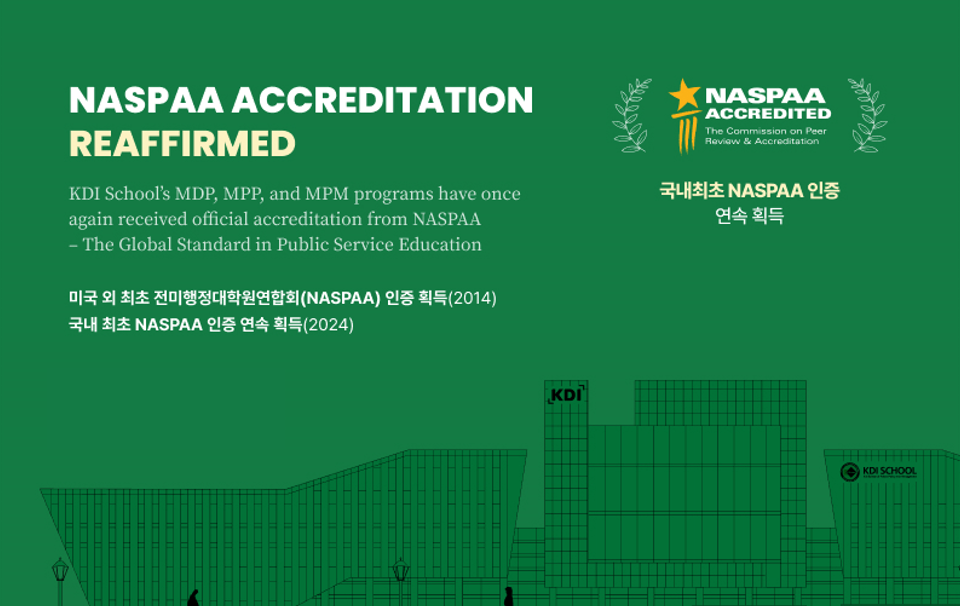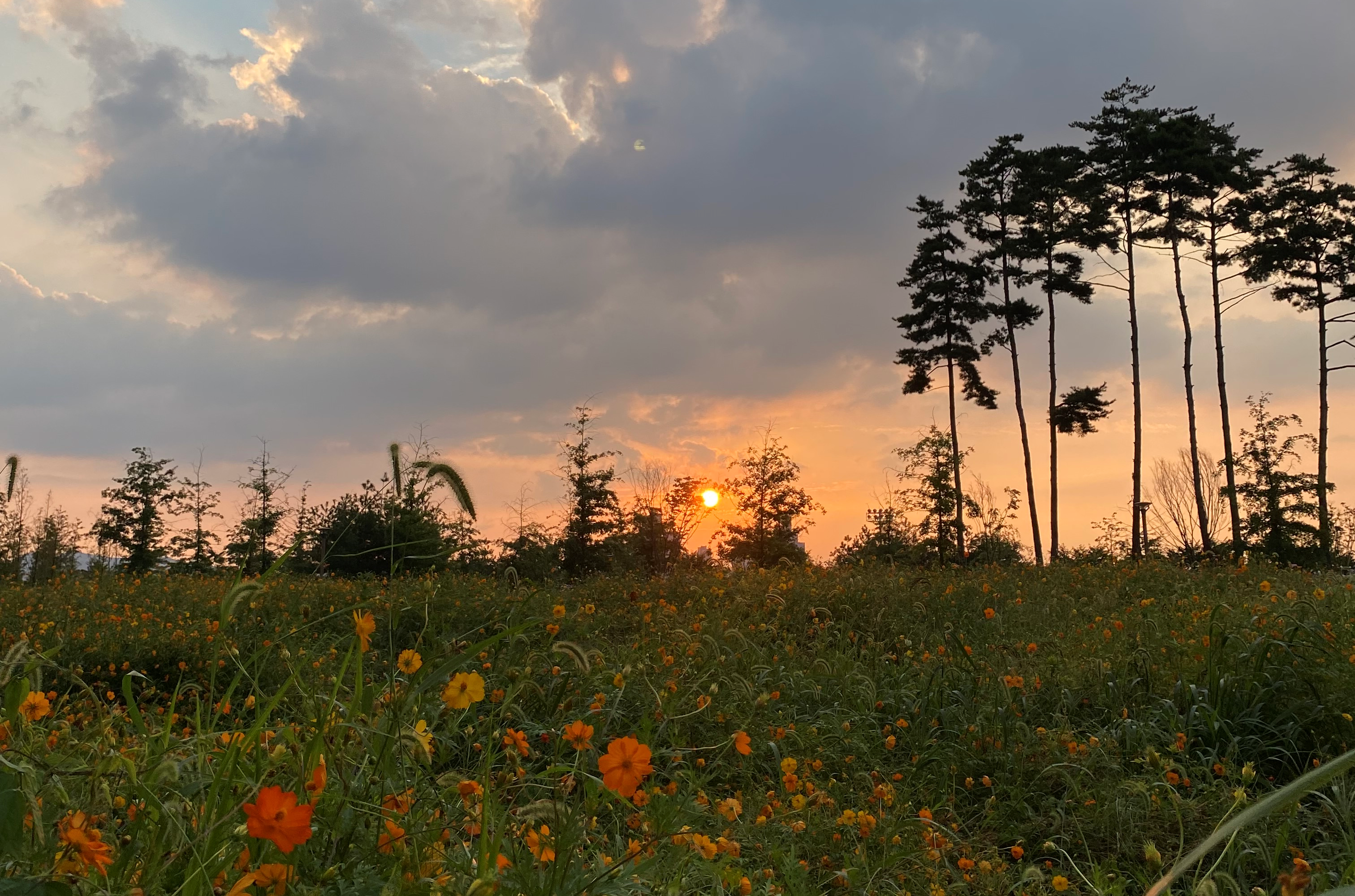
Exploring the Legal Complexities of AI and Copyright with Prof. Eleonara Rosati
- Date 2025-05-07 09:30
- CategoryResearch and Education
- Hit927
On March 12th at the KDIS Ambassador Hall, Professor Eleonora Rosati, a distinguished expert in intellectual property law at Stockholm University and Director of the Institute for Intellectual Property and Market, shed light on the intricate relationship between copyright and generative artificial intelligence (AI). She also teaches the course "Trademarks, Designs and Geographical Indications" at KDIS. Her talk aimed to untangle the legal questions surrounding AI’s role in creative industries, focusing on copyright, authorship, and intellectual property rights.
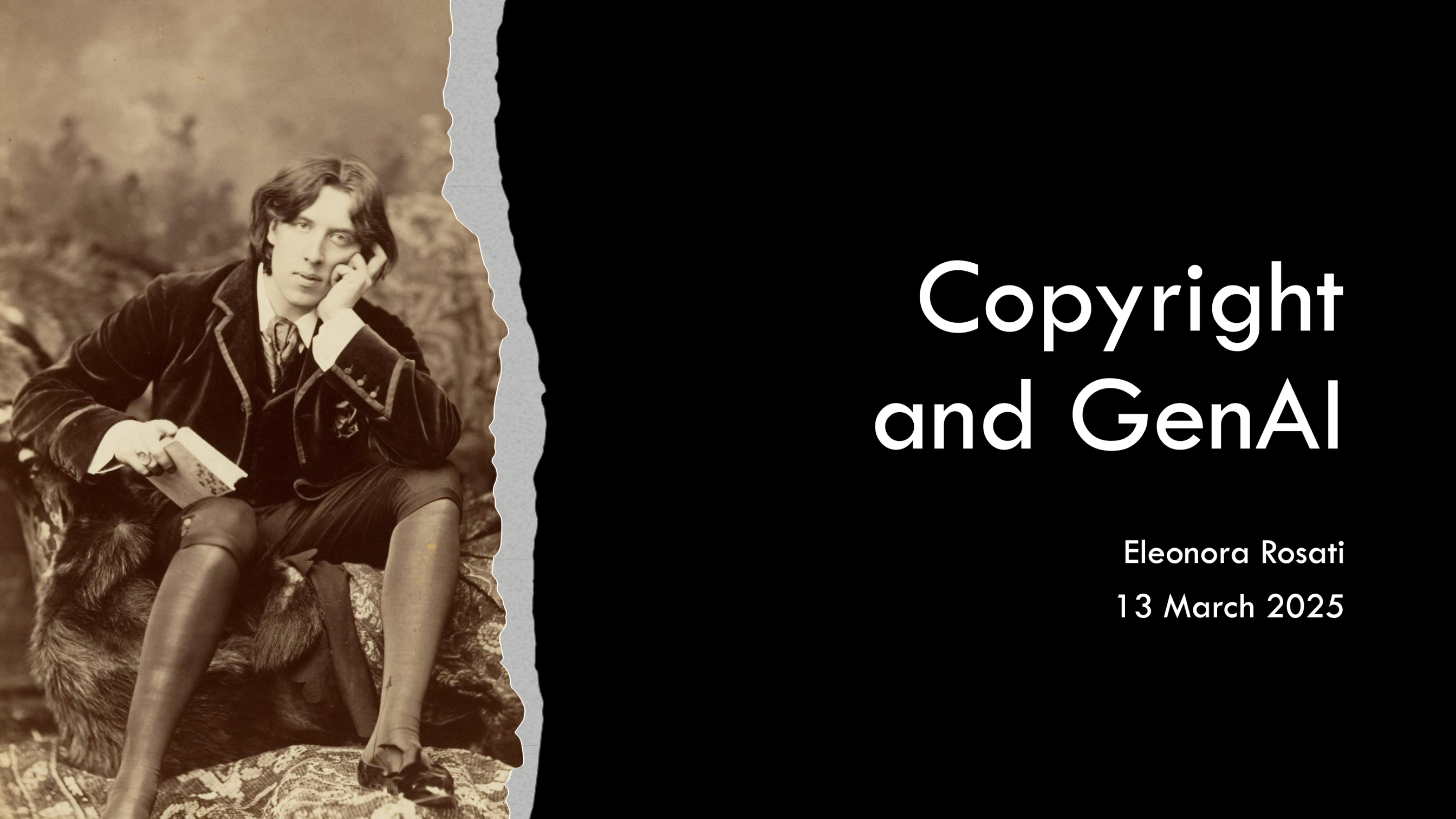
Professor Rosati began by revisiting the fundamental principles of copyright. She explained that copyright protects the creative expression embedded in a work, such as a book or painting, rather than the physical object itself. She highlighted how copyright law has always adapted to new technological advancements, drawing a historical parallel to the invention of the printing press, which spurred the development of modern copyright regulations. She also compared the ongoing debate over AI-generated content to a landmark 19th-century U.S. Supreme Court case on the copyrightability of photographs, underscoring that similar legal challenges emerge with every new creative medium.
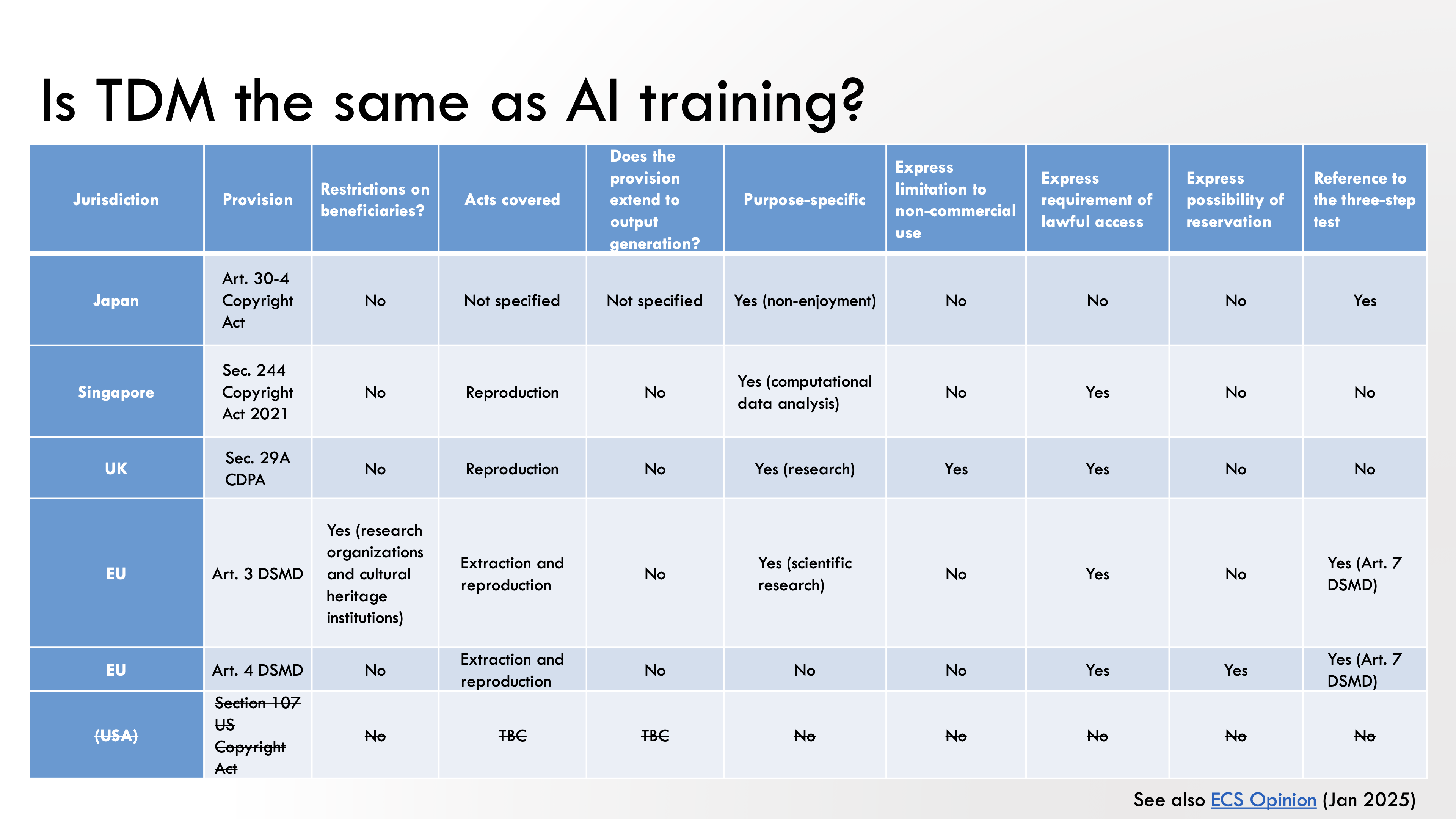
A significant portion of the lecture was dedicated to the legal framework governing AI training. Professor Rosati outlined key areas of concern, including copyright, data protection, privacy, and trade secrets. She posed a fundamental question that is currently at the center of legal debates worldwide: Can AI models be trained on copyrighted content without a license?
Tracing recent developments, she discussed the rise of generative AI models, starting with the launch of ChatGPT in late 2022 and the subsequent lawsuits filed by artists who discovered that their work had been used without permission. She also highlighted how AI is reshaping various professions, including law, and raising important questions about the future of work.
From a copyright perspective, Professor Rosati identified three main areas of legal concern:
1. Training AI with Copyrighted Material – Should companies need permission to use copyrighted content when training AI? While some argue that AI simply “learns” rather than replicates, many countries insist that proper licensing is required. Some exceptions may apply, but this remains a contentious issue.
2. AI-Generated Output and Copyright Protection – Can AI-generated works be copyrighted, and if so, who owns them? Professor Rosati dismissed the idea of nonhuman authorship as a misleading question. Instead, she emphasized the need to determine the extent of human involvement required for a work to be legally protected.
3. Legal Risks of AI-Generated Content – If AI-generated output infringes on someone’s rights, who is responsible? While some companies offer indemnification, the legal responsibility often falls on the user. This creates significant legal risks for individuals and businesses using AI-generated content.
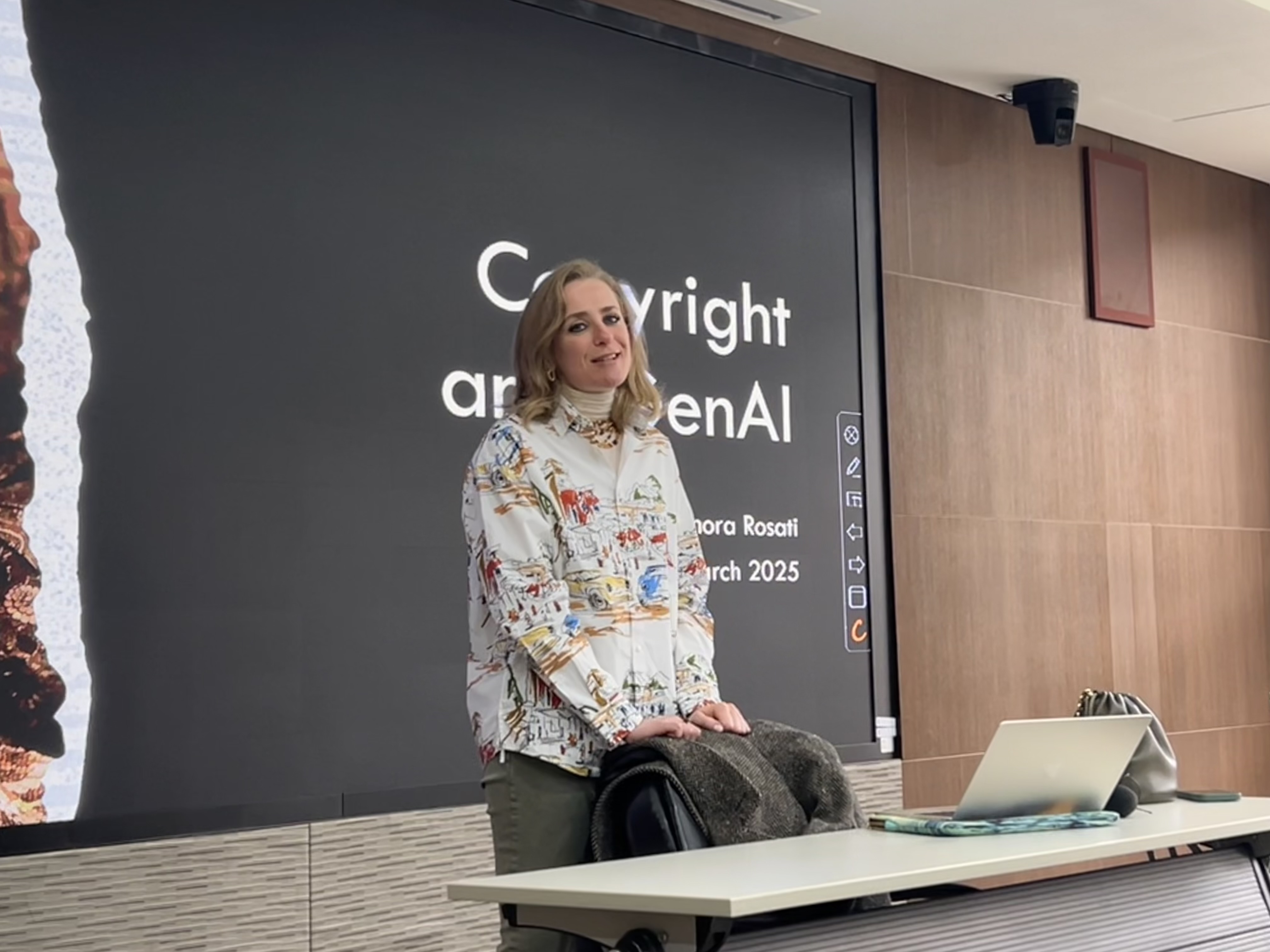
During the Q&A session, students posed thought-provoking questions. Posada Jacobo Gomez (2025 MIPD) asked about the copyright status of AI-generated avatars. Professor Rosati explained that, under U.S. copyright law, human creativity is a necessary criterion for protection. Using her own AI-generated avatars as an example, she pointed out that while she might not own the underlying AI-generated template, she could still have some legal claim over identifiable aspects of her image.
Another student inquired about the extraterritorial reach of EU law regarding AI training. Professor Rosati explained that under EU regulations, compliance is required if an AI model is used within the European Union, regardless of where it was trained. She acknowledged that this rule could lead to legal tensions with other jurisdictions.
As the lecture concluded, Professor Rosati left the audience with a crucial takeaway: the intersection of AI and copyright is entering an era of uncertainty. She predicted that legal frameworks would evolve to require licensing for AI training and emphasized the importance of fairness and sustainability in AI’s development. As debates continue, ensuring that the rights of all stakeholders—including artists, businesses, and AI developers—are fairly considered will be key to shaping the future of AI and copyright law. Even though this lecture was held during the exam period, it was such a popular lecture that as many as 20 students participated. These days, when it is difficult to navigate graduate school without using AI, the lecture provided KDIS students with a lot to think about.
2025 Spring / MDS / ROK
thdgus1029@naver.com
Related News
-
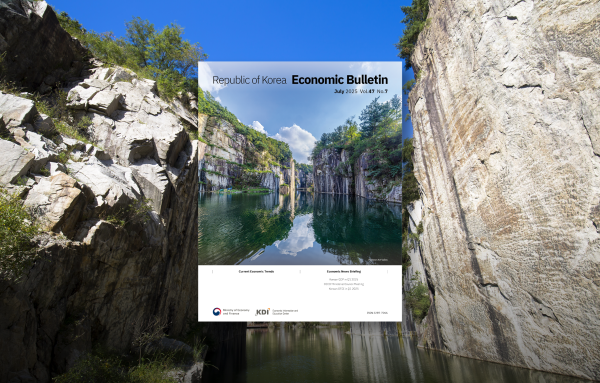
Research and Education2 days ago
Republic of Korea Economic Bulletin, July 2025#KDI #Economic #KDISCHOOL #kdischool #Economic Bulletin #Research
-
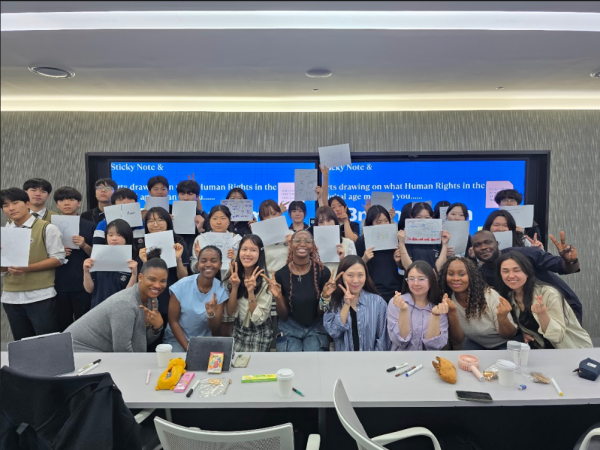
Story5 days ago
Summer 2025 Talent Donation Program: KDIS Forums Host Sejong High School Students#KDISCHOOL #KDIS #student #talent donation #student forums #student clubs
-
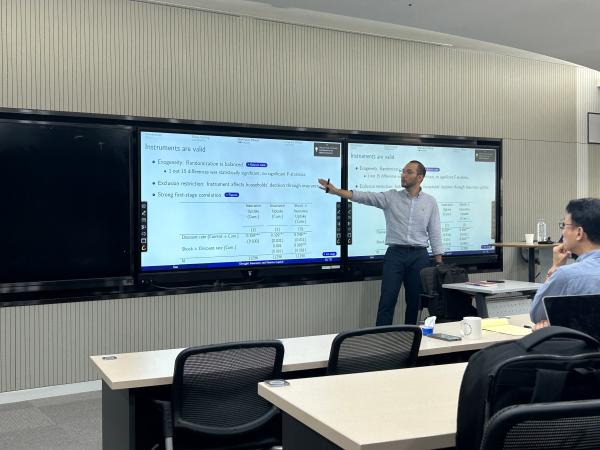
Research and Education6 days ago
Research Seminar by Hyuk Harry Son from Utrecht University

